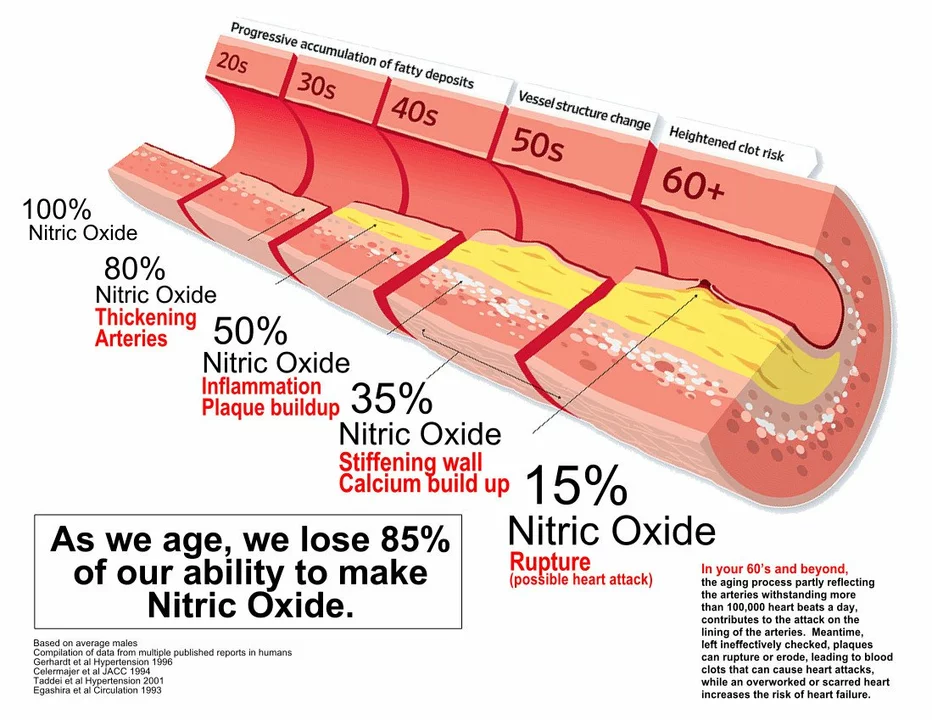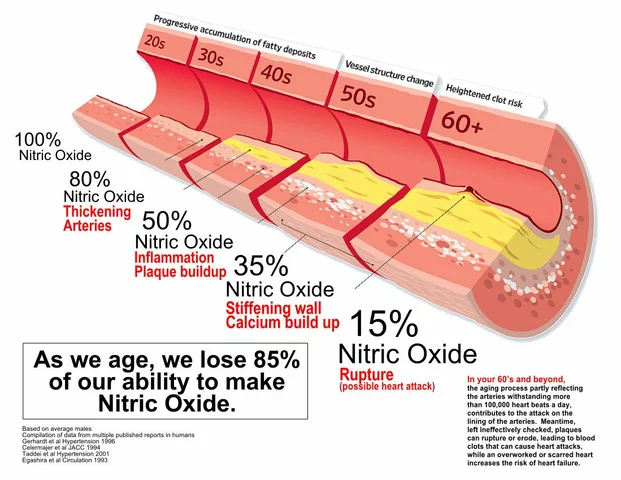Heart Attack: Spot the Signs and Lower Your Risk
Heart attacks aren’t just an older‑person problem. They can strike anyone who pushes their heart too hard or ignores warning signs. Knowing what to look for can mean the difference between a quick recovery and a serious emergency.
Common Triggers and Who’s at Risk
Most heart attacks happen when a blockage in a coronary artery cuts off blood flow. High blood pressure, smoking, and a diet high in saturated fats are the usual culprits. But there’s a hidden risk group that often gets overlooked: young athletes. Intense training can expose undiagnosed heart conditions, like hypertrophic cardiomyopathy, that turn a sprint into a cardiac arrest. Even if you feel fit, a hidden rhythm problem can cause the heart to quit suddenly.
Family history matters, too. If a close relative had a heart attack before 55 for men or 65 for women, you’re in a higher‑risk zone. Diabetes, obesity, and chronic stress also add fuel to the fire. The good news is that most of these factors are within your control.
Quick Actions and Everyday Prevention
When a heart attack starts, time is everything. The classic signs are crushing chest pain, shortness of breath, and a feeling of doom. Some people feel pain in the jaw, neck, or arms instead of the chest. If you notice any of these, call emergency services right away and chew an aspirin if you’re not allergic. Early treatment can save heart muscle and improve survival rates.
To keep your heart safe day to day, start with a simple check‑up. A quick EKG or stress test can reveal hidden rhythm issues, especially if you’re an athlete or have a family history. Pair that with a balanced diet—think whole grains, fruits, veggies, and lean proteins—and you’ll cut the biggest risk factors in half.
Regular movement is a must, but avoid overdoing it. Mix moderate cardio with strength training and give your body rest days. If you’re training for a sport, talk to a doctor about a pre‑participation exam. It’s a small step that can catch a condition before it becomes a crisis.
Stress management rounds out the prevention plan. Even short breathing exercises or a quick walk can lower blood pressure and keep your heart rhythm steady. Consistent sleep—seven to nine hours a night—helps your body repair and regulates hormones that affect heart health.
Bottom line: heart attacks can hit anyone, but spotting the signs early and cleaning up lifestyle habits give you the best shot at staying heart‑healthy. Keep an eye on your family history, get regular check‑ups, and treat your body like the engine it is. Your heart will thank you in the long run.





